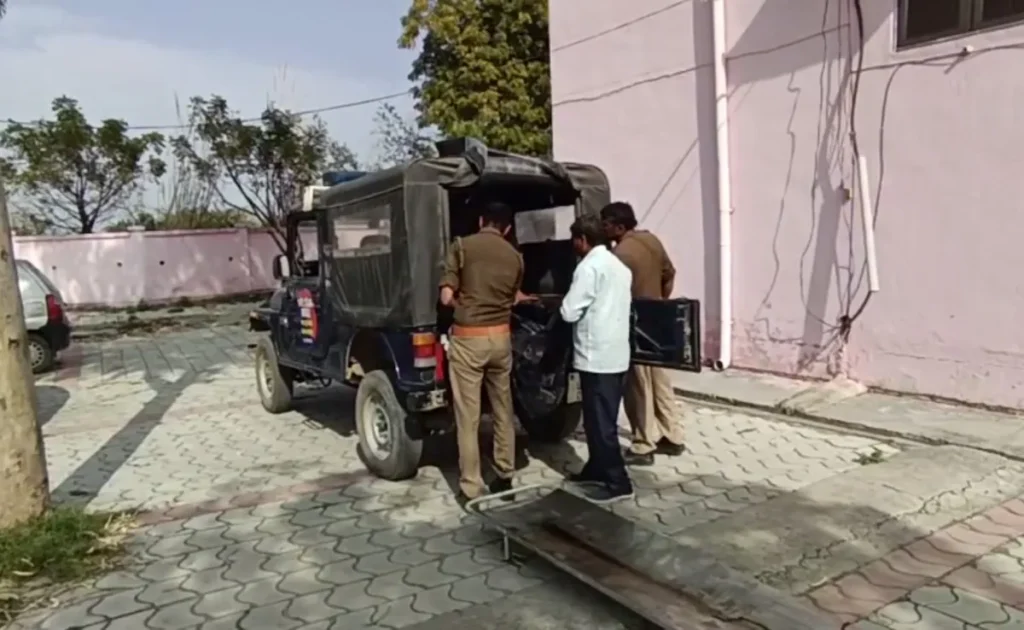
This is a tragic and heart-wrenching situation that highlights several critical social issues, including poverty, lack of social support, and the challenges faced by individuals in dire financial circumstances. Here’s an overview of the situation and potential steps to address such issues:
Background of the Incident
- Incident Description: In Indore, a man, unable to afford the last rites for his partner, was forced to abandon her body on the road. This act reflects the extreme financial distress and helplessness faced by the individual.
- Public and Government Response: Such incidents often draw public outcry and bring attention to the deficiencies in social welfare systems.
Immediate Concerns
- Dignified Handling of the Deceased: Ensuring that the partner’s body is treated with dignity and given a proper burial or cremation is paramount. Local authorities or NGOs might step in to provide the necessary support for last rites.
- Support for the Bereaved: The man who abandoned the body due to financial constraints requires immediate support, both emotional and financial.
Addressing the Underlying Issues
- Poverty Alleviation: This incident underscores the need for more robust social safety nets to prevent such extreme actions driven by poverty. Government initiatives aimed at poverty alleviation must be strengthened and made accessible to those in need.
- Access to Emergency Funds: Establishing emergency funds or assistance programs for individuals who cannot afford basic necessities, including funeral expenses, can prevent such tragedies.
- Community Support Systems: Strengthening community-based support systems and encouraging community solidarity can help ensure that individuals do not feel isolated and abandoned in times of crisis.
Long-Term Measures
- Improving Social Services: Enhancing the reach and effectiveness of social services, including health care, housing, and financial aid, is crucial. Regular audits and feedback mechanisms can ensure these services meet the needs of the most vulnerable.
- Awareness and Outreach: Conducting awareness programs to inform people about available support services and how to access them can make a significant difference. Outreach efforts must target the most marginalized and ensure they are informed and empowered.
- Policy Reforms: Advocating for policy reforms that address the root causes of poverty and provide comprehensive support to those in financial distress is necessary. This includes improving employment opportunities, education, and healthcare access.
Role of Non-Governmental Organizations (NGOs)
- Intervention and Support: NGOs can play a crucial role in providing immediate relief and long-term support. They can bridge the gap between government services and the needs of the community.
- Partnerships: Collaborating with local authorities, NGOs can help design and implement programs that address the specific needs of the poor and marginalized.
Community Engagement
- Volunteering and Donations: Encouraging community members to volunteer time or resources can help create a network of support for those in need.
- Local Initiatives: Community-led initiatives, such as crowdfunding for emergency cases, can provide immediate relief and demonstrate solidarity.
Conclusion
This tragic incident serves as a stark reminder of the severe consequences of poverty and the gaps in our social support systems. By taking immediate action to provide dignity to the deceased and support to the bereaved, and by implementing long-term measures to address the root causes, society can prevent such heartbreaking situations in the future.